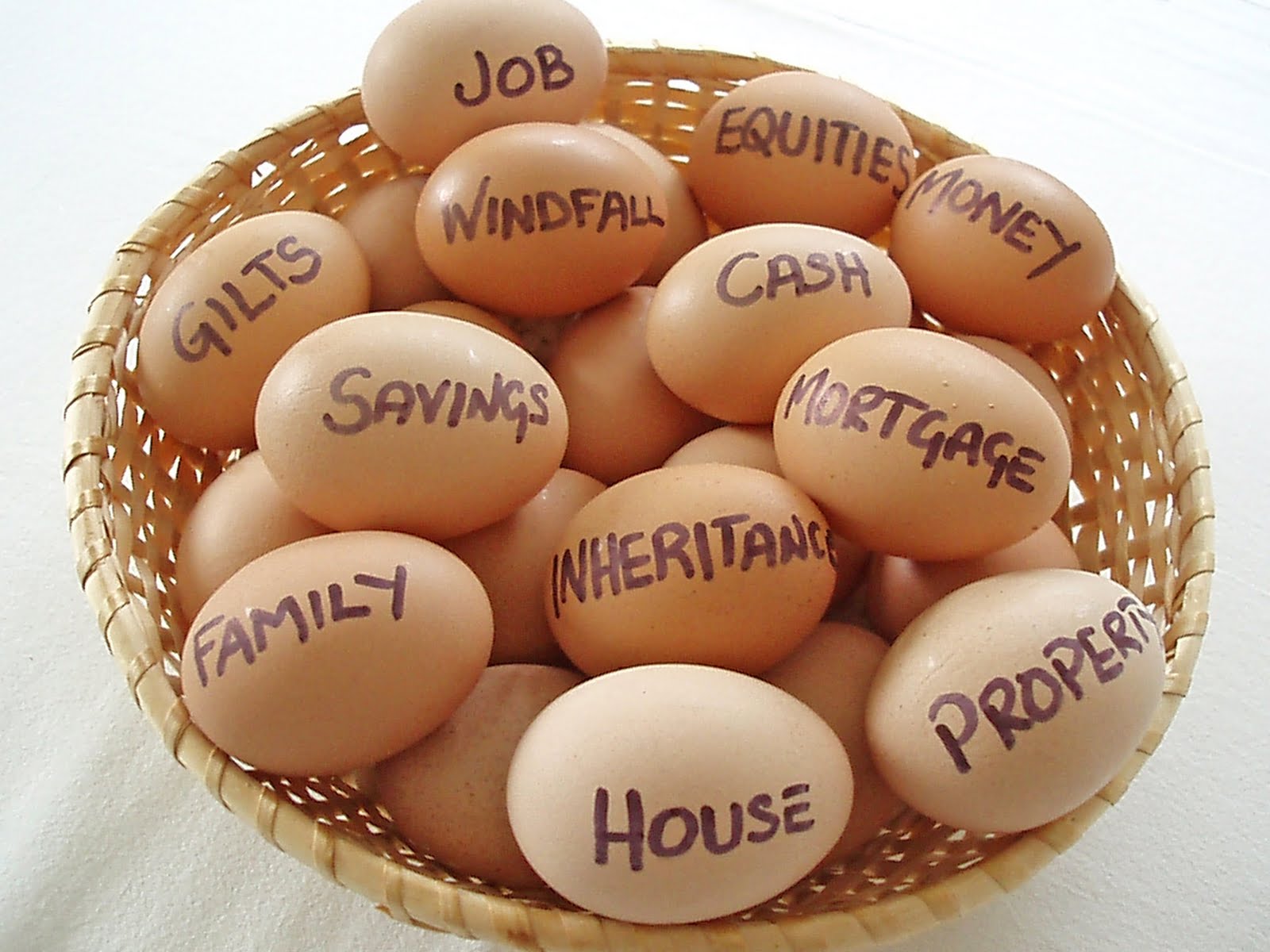Retirement is meant to be a time in life when you relax, enjoy your new-found free time, and spend time doing the things you love with the people you love. However, everybody knows that in today’s day and age, the ability to do all of these things comfortably isn’t something that everyone can 100% afford. Luckily, even if you don’t have a steady income as a retiree, you do have options when it comes to bringing in extra money to enjoy yourself. One great way to do so is via your home’s equity. Whether you end up selling it altogether, or renting it out, using your home for some extra spending money can work out in your favor. Here are five ways to fund your retirement with your home equity.
1) Sell it and downsize
One of the more traditional ways of using equity to fund your retirement is selling your home and moving into a smaller, more manageable space. Most people, when they first buy a home, do so with the expectation that they’re going to use the space for raising a family or whatever else. However, when it’s just you or you and your partner, both at retirement age, living in a larger home, you’ll find that it’s not very easy to maintain and the extra space is just something else to worry about, not something that is helpful. Selling your house and moving into both a less-expensive and smaller space is often the wisest and most efficient move you can make.
2) Invest in Real Estate
Investing in real estate for retirement can be a great way to bring in some extra income continuously. If you’ve paid off your mortgage, look into purchasing either a commercial building to rent out to businesses or a home to rent out to tenants. And, if you’re renting out to a business, start with smaller storefronts that don’t require a lot of overhead. Either way, start small and expand when you become comfortable with the process.
3) Rent it out entirely
Should you sell your house and rent it out? Maybe! If you go the residential route, try starting out with a condo or townhouse, as those are oftentimes smaller, less expensive, and easier to maintain over the years. This works best if you’ve already paid off your mortgage and you move into a place where your rent/mortgage payments are less than you charge new tenants for rent. Note that although this can be a great way to earn additional income, it does require some legwork with tending to the house that you are renting out as being a landlord comes with a variety of responsibilities. If you’re up to it, great! If not, then there are still other options.
4) Rent out empty rooms while still living there
You don’t have to move out of your house to rent it. If you have extra rooms in your home, start by renting them out while you’re still living there. This means that you can still make some additional income off of the rent you charge without having to totally uproot and move. However, when it comes to choosing and approving tenants, be choosy about who you live with. Look for older tenants or families who are likely more in line with your style of living compared to college students and young adults.
5) Use it as a holiday home
We’re going to be honest: renting isn’t a piece of cake. Houses tend to have issues and you’re not always going to have the most respectful tenants, regardless of how they look on paper. If you live in a popular area, rent out your home for days or weeks at a time (at most) to travelers. This puts both you and your home at a lower risk than if you were to rent the home out for months at a time!
Want to enjoy retirement instead of worrying about how to spend each penny? Your home’s equity can be a great route to choose.


Leave a Reply